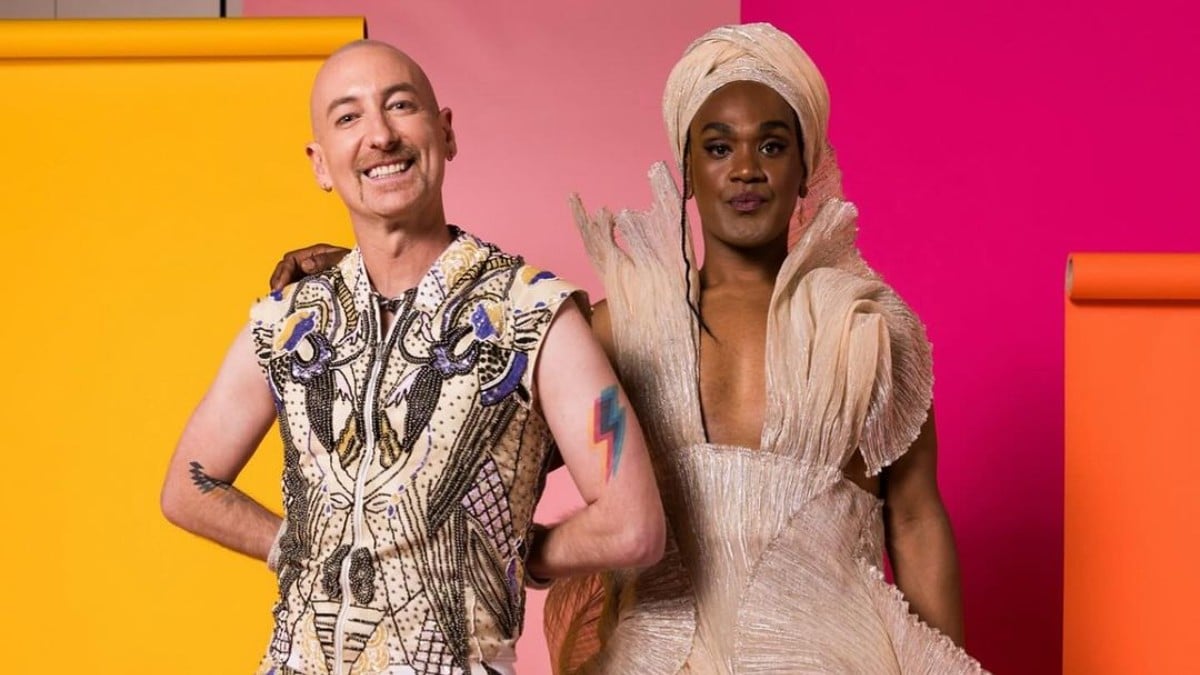Another Eurovision has come and gone, with this year’s edition of the international song contest being among the most politically fraught to date.
From the controversial and much-protested inclusion of Israel to the disqualification of a Dutch entrant due to an incident with a production crew member, the ultimate win for Swiss contestant Nemo risked being outshone by a flurry of scandals. So it perhaps makes sense that the ever-neutral Switzerland took home the win, with Nemo’s stirring song “The Code” winning over audiences and judges during the five-day extravaganza.
Even amid the ongoing controversies — which elsewhere included the Irish contestant pulling out of the dress rehearsal — one of the more puzzling questions centers around the inclusion of non-European countries in Eurovision.
You’d think, given its title, that entrants for Eurovision would be drawn only from that continent, so why exactly is Australia in Eurovision?
Why is Australia in Eurovision?
Australia’s inclusion in Eurovision is due to the fact that one of its broadcasters, SBS, has been a leading supporter of the event. SBS has offered coverage and broadcasted Eurovision since 1983, well before Australia was even permitted to enter the event. In those years, the Australian broadcast attracted a strong viewing audience across the country, and SBS gradually began to enlist Australian commentators to cover the event outside of Europe.
While Australia was not permitted to enter Eurovision until much later, the strong viewing audience saw the contest body allow Australian audiences to participate in televoting for the event in 2010. While the votes did not count towards the actual outcome of the contest, it saw Australia get its foot in the door towards ultimate inclusion alongside other European countries, with Australia later getting an individual commentary booth in 2012.
The first Australian performance at Eurovision occurred in 2014, when singer-songwriter Jessica Mauboy was invited as a wild card guest to perform during that year’s interval. That performance came off the back of Eurovision’s 60th anniversary, which was all about “building bridges”, and resulted in SBS striking a deal for Australia to compete at Eurovision until 2023.
What began as a one-off slot in honor of Australia’s long-standing support has since become an annual staple, with Australia competing formally at Eurovision at each edition since 2015. While it’s somewhat of a head-scratcher, Australia isn’t the only non-European country that competes at Eurovision, with contestants from Israel, Armenia, and Morocco each taking to the stage across the event’s nearly seven-decade run.
For its part, New Zealand has been campaigning to be included for years, but so far to no avail. Being an active member and supporter of the European Broadcasting Union — the organisation behind Eurovision — helped Australia secure its place in Eurovision, with this year’s entrant, Electric Fields, missing out on a place in the 2024 grand final.

